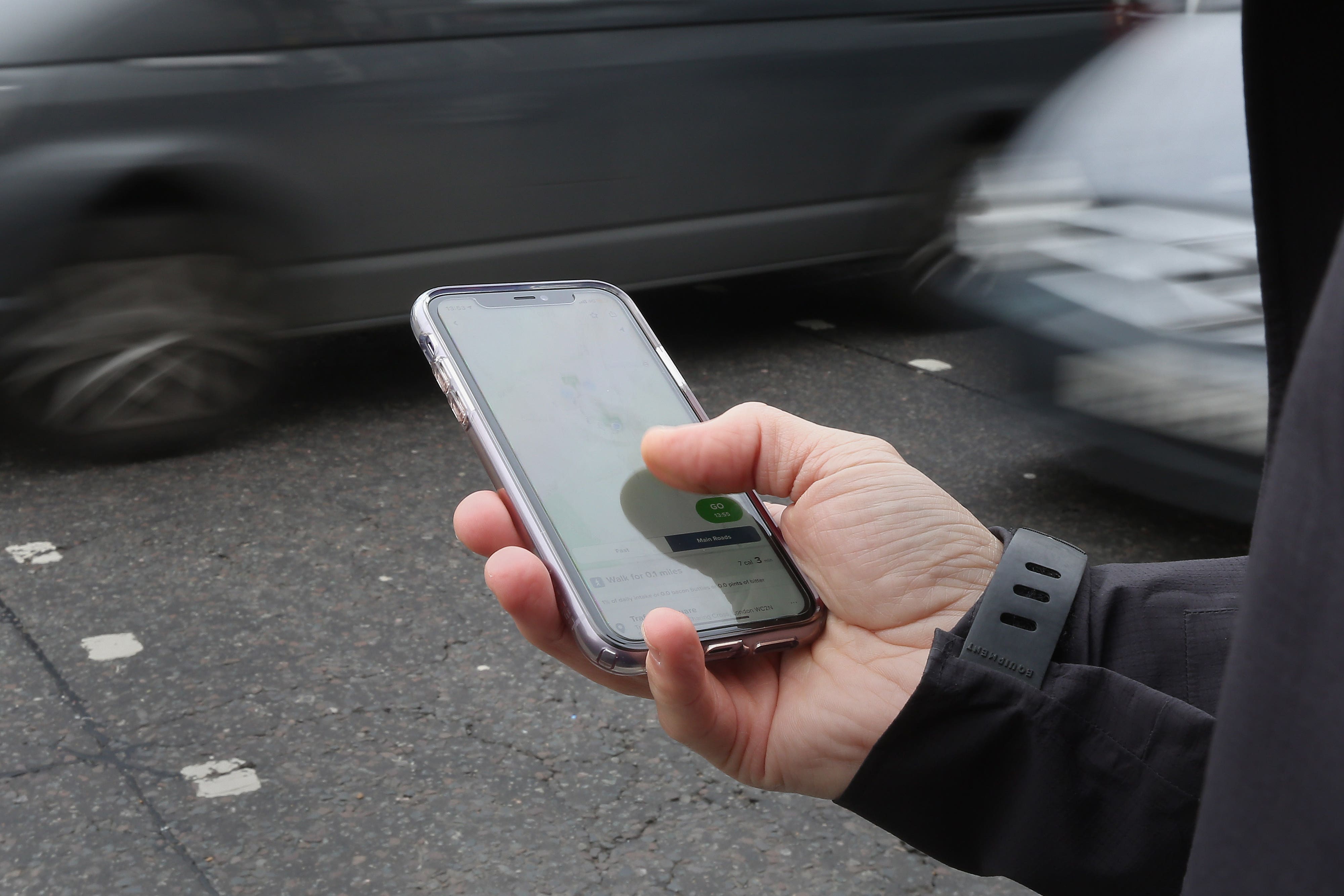The latest ‘smishing’ scam blowing up your phone
Suspicious texts should be reported to the FBI’s Internet Crime Complaint Center

Your support helps us to tell the story
From reproductive rights to climate change to Big Tech, The Independent is on the ground when the story is developing. Whether it's investigating the financials of Elon Musk's pro-Trump PAC or producing our latest documentary, 'The A Word', which shines a light on the American women fighting for reproductive rights, we know how important it is to parse out the facts from the messaging.
At such a critical moment in US history, we need reporters on the ground. Your donation allows us to keep sending journalists to speak to both sides of the story.
The Independent is trusted by Americans across the entire political spectrum. And unlike many other quality news outlets, we choose not to lock Americans out of our reporting and analysis with paywalls. We believe quality journalism should be available to everyone, paid for by those who can afford it.
Your support makes all the difference.Have you recently received an odd text claiming you have an unpaid road toll bill?
You’re not alone.
Scads of people are reporting being targeted in so-called“smishing” scams designed to trick people into believing they have an outstanding toll bill, The Washington Post reports. The texts usually include a link to pay, but the form to be filled out ends up providing scammers with personal information.
The term “smishing” is a mash-up of “SMS” and “phishing,” and it refers to a scam carried out via cell phone text. Scammers often try to frighten targets into clicking the link by threatening excessive late fees if the bill isn’t paid.
“Your vehicle has an unpaid toll bill. To avoid excessive late fees on your bill, please settle it promptly,” states a typical text in the toll bill scam.

People have reported these scams in several regions, including the Washington D.C.-Maryland-Virginia metro area, Rhode Island, New York, Massachusetts and California.
The Federal Bureau of Investigation’s Internet Crime Complaint Center is aware of the scams, which have been reported since March 2024.
Anyone receiving such a text should report it at www.ic3.gov. A local toll service’s website can confirm if such a text is fake.
The FBI also recommends that recipients delete the text from their phone and take steps to ensure their personal information and banking accounts are secure.
Unfortunately, this isn’t the only scam targeting people across the U.S.
Last summer, Apple warned iPhone users of a devastating smishing scam that allows hackers to steal their digital lives.
The scammers use texts that appear to be legitimate messages from Apple telling users that they need to urgently log in to their iCloud account to solve some sort of problem.
But the link attached is fake, and when victims log in, the scammers can gain full access to their iCloud account and everything stored inside.
Join our commenting forum
Join thought-provoking conversations, follow other Independent readers and see their replies
Comments